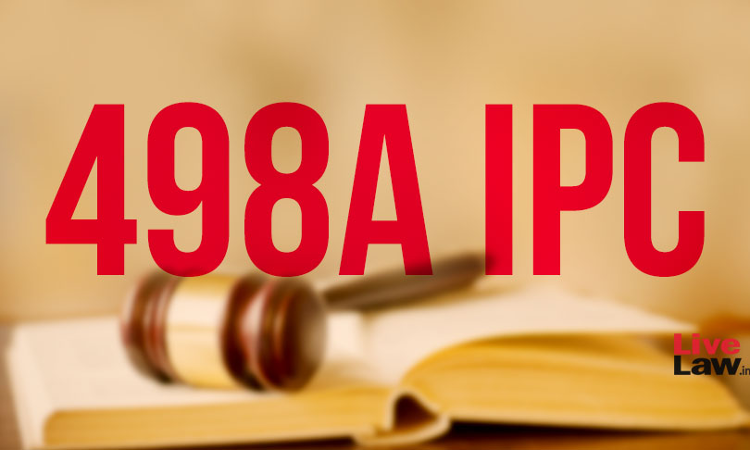Entering Into Second Marriage Even With Wife's Consent May Constitute Cruelty: Patna High Court
Bhavya Singh
2 Sept 2023 7:00 PM IST

Next Story
2 Sept 2023 7:00 PM IST
The Patna High Court has held that entering into a second marriage, even with the consent of the first wife, may constitute cruelty to the first wife, thereby giving her reason to live separately and giving cause of action to file complaint cases under Section 498A of the IPC.The division bench of Justices Jitendra Kumar and PB Bajanthri observed, “As such, even lodging of criminal cases...
